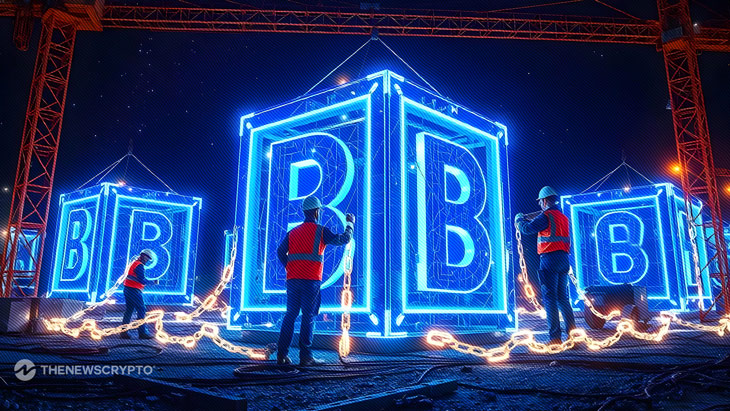
- Brazil’s central bank has named its upcoming central bank digital currency (CBDC) as “DREX.”
- DREX aims to enhance and boost financial services in the country.
- DREX will utilize distributed ledger technology to facilitate efficient wholesale interbank transactions.
On Monday, Brazil’s central bank unveiled its imminent central bank digital currency (CBDC), named “DREX,” which is set to launch next year. The purpose behind this initiative is to enhance the country’s financial services through the utilization of this digital currency.
The central bank of Brazil revealed the new CBDC name, DREX, during a live broadcast on the bank’s official YouTube channel, hosted by Fábio Araújo, the coordinator of the digital real initiative, and Aristides Cavalcante, deputy head of the Central Bank’s technology and information department.
(Source: Brazilian central bank)
The scope of DREX’s capabilities is set to expand rapidly. Initially, it will enable seamless buying and selling of public treasury bonds, characterized by quick transaction execution. To support these operations, DREX will rely on the underpinning of the Web3 infrastructure. That allowing for efficient burning, creation, and registration of tokens.
However, DREX poised to revolutionize the financial services sector by leveraging cutting-edge technology. It will utilize the distributed ledger technology to streamline wholesale interbank transactions. Additionally, the digital currency will facilitate retail access through the innovative approach of tokenized bank deposits.
Moreover, the central bank officials have outlined a strategic timeline for the rollout of DREX. After undergoing a rigorous testing phase, the projected commencement of this Brazilian digital currency’s adoption is by the end of 2024. This eagerly anticipated development holds the promise of ushering in a new era of financial innovation and accessibility in Brazil’s economic landscape.





